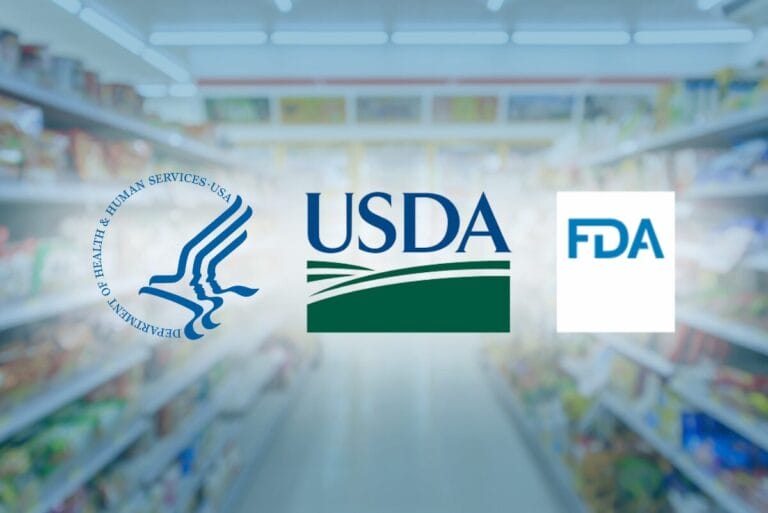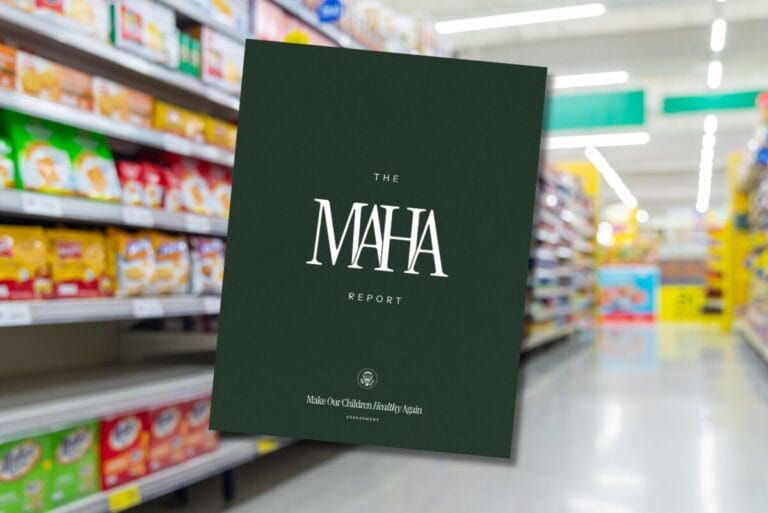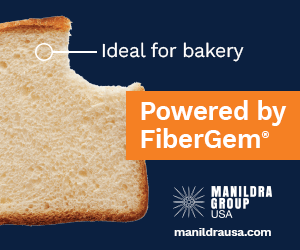WASHINGTON, DC — If the food industry had a word of the year, the word for 2025 would be “ultra-processed.” Discussions on ultra-processed foods (UPFs) have dominated conversations and media as manufacturers and consumers try to gain a better understanding of what UPFs are and how they could impact food consumption.
In an effort to create a uniform, federally recognized definition of UPFs, the FDA and USDA put out a Request for Information (RIF) in late summer, with the stated purpose of improving nutrition to reduce chronic illnesses and premature death and improve health outcomes in general by giving consumers more informed choices.










